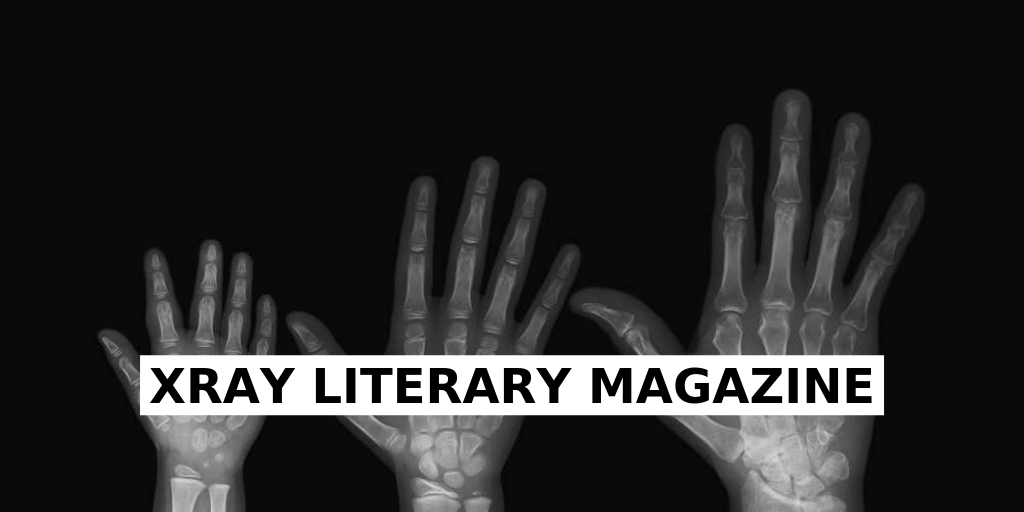One morning, she told me the story of how her friend’s baby died in a car accident.
“They were stopped at a red light. Someone came up from behind and slammed into them. My friend thought immediately of her baby in the back seat, but when she turned around to reach for it, she saw the baby’s head pop off, its arms and legs break, its chest cave in.”
All I could think about at school that day was the baby. Its head popping off. We were supposed to practice writing our letters, but every time I came to the lower case i—with its slender body and bubbly, round head—I thought of the baby, its head ripping away from its neck, flying up into the air. Did it hit the roof of the car, I wondered, or roll onto the floor? Did it cry?
“How was school?” she asked when I got home.
“I keep thinking about the baby.”
“My friend’s baby? Oh, what a tragedy. To think of a baby crushed to death! What an awful thing. Honey, let me sit down for a minute. Put your arms around me. That poor, poor baby.”
I dreamed about the baby. It wasn’t a baby in my dream, but a little girl like me, and I could see her from her mother’s perspective in the front seat: her eyes bugging out just as her head explodes. Blood spouting from her open neck, spraying the seats and windows in bright red.
The next day at school, I kept hearing a baby’s cry. I heard it in the clang of metal lockers, in the slam of heavy classroom doors, in the screams of children on the playground. While I stood at the craft table cutting Valentine hearts out of pink construction paper, my hands started to shake and I broke out in a sweat.
“What’s wrong, do you have a fever?” Ms. Albert said.
“No,” I told her. “I can’t stop thinking about the baby.”
“What baby?”
“The baby my mother told me about. The one in the car accident. The baby whose head popped off. The baby that was crushed to death.”
“Come here,” Ms. Albert said and led me down the hall to the nurse’s office.
I told the nurse about the baby, the dream, my shaking hands.
She called my mother.
I could hear the nurse’s voice go from puzzled to concerned to, finally, empathetic.
“Yes, they do tend to exaggerate. Even make stuff up.”
She hung up the phone.
“Time to return to class, my dear,” she said and pulled me down the hall.
Back in the classroom, it was story time. I lay down on a soft rug and listened to a story about cats.
“What’s wrong with you?” my mother said when I walked into the house. “I never said that.”
“What?”
“I told you her baby died in a car accident. I never said anything about its head popping off or its arms and legs. That’s ridiculous. How embarrassing! You have a very vivid imagination.”
She sent me to my room to wait for dinner, so I played with the Baby Alive doll I’d gotten for Christmas. There were batteries at the small of her back, beneath her pink, lacy onesie, that made her mouth open and close. She came with food and diapers. Her food was a packet of cherry powder that you mixed with water until it turned into goo. I loved feeding her that goo on a tiny pink spoon with a butterfly handle. Soon after she swallowed it, a creamy pink slime would appear in her diaper.
I had used all of the food and diapers on Christmas day, and my mother refused to buy more because it was messy. So for now, I just pretended to feed my baby, scooping air into her pulsing mouth with that tiny spoon.
“Eat up,” I said, “you must be hungry,” and I imagined her emaciated and starving, skin draping from her baby bones.

